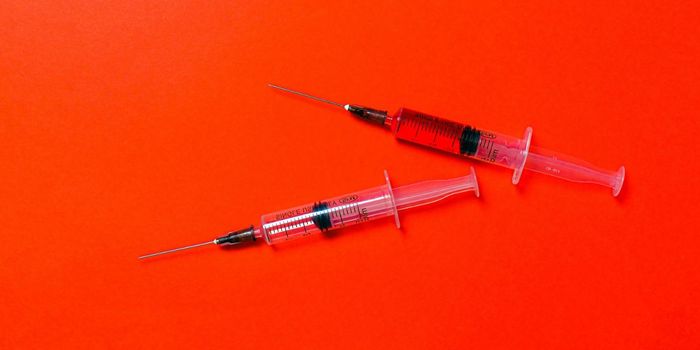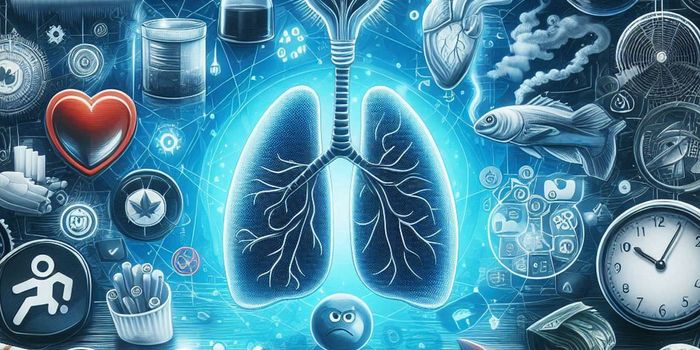Can Brain Damage From Alcohol Be Reversed?
Heavy consumption of alcohol over an extended period can negatively affect the brain. Neurogenesis, the ability of the brain to produce new cells as needed, is disrupted as a result of consuming too much alcohol.
Researchers at the Queensland University of Technology (QUT) have investigated whether a drug that is already on the market for mental health conditions could possibly reverse the brain damage done by alcohol and allow new cells to keep being produced.
The researchers used a mouse model to test the medication tandospirone. The drug is an anxiolytic and antidepressant that commonly used in China and Japan for depression and anxiety. The team used adult mice and spent almost four months exposing them to binge drinking levels of alcohol. The change was seen specifically in the area of cell production. Alcohol severely impacted the creation of new cells, but the findings of the team, published in Scientific Reports, showed that tandospirone was able to restore this ability.
Tandospirone is most commonly prescribed for depression that has an anxiety component as well. Agitated depression, which includes periods of anxiety, along with feeling down or depressed, is often a co-morbid condition along with alcoholism. Many drinkers start out by attempting to self-medicate their feelings with overuse of alcohol. Tandospirone acts on a particular serotonin reception, 5-HT1A, and because it is so targeted it has very few side effects, is non-sedating and non-addictive.
In the study, the mice who were exposed to alcohol and then restricted from having any access to it went into withdrawal. It's very common for alcohol recovery to include symptoms of both depression and anxiety, and this is a problem for those in recovery. Bouts of feeling scared, anxious or depressed can impede the ability to stay sober. Mice in the study who were given tandospirone had less anxiety and exhibited fewer depressive behaviors. Because withdrawal from alcohol also includes altered brain function, the drug was effective in breaking the spiral of addiction and recovery by reducing anxiety and depression and making the detoxification process easier.
Neuroscience Professor Selena Bartlett from QUT's Institute of Health and Biomedical Innovation explained, "This is a novel discovery that tandospirone can reverse the deficit in neurogenesis caused by alcohol. We know that with heavy drinking you are inhibiting your ability to grow new neurons, brain cells. Alcohol is specifically very damaging for neurons, Other studies in mice have shown that tandospirone improves brain neurogenesis, but this is the first time it has been shown that it can totally reverse the neurogenic deficits induced by alcohol. This opens the way to look at if neurogenesis is associated with other substance-abuse deficits, such as in memory and learning, and whether this compound can reverse these." The drug was initially being investigated just for its ability to improve neurogenesis, but the fact that it also reversed the damage from alcohol was a bonus.
The video below from QUT explains the research; take a look at this new use for an existing medication that not only seems like a good option for treatment of alcoholism but can also reverse the damage.
Sources: Queensland University of Technology, Scientific Reports, New Atlas









